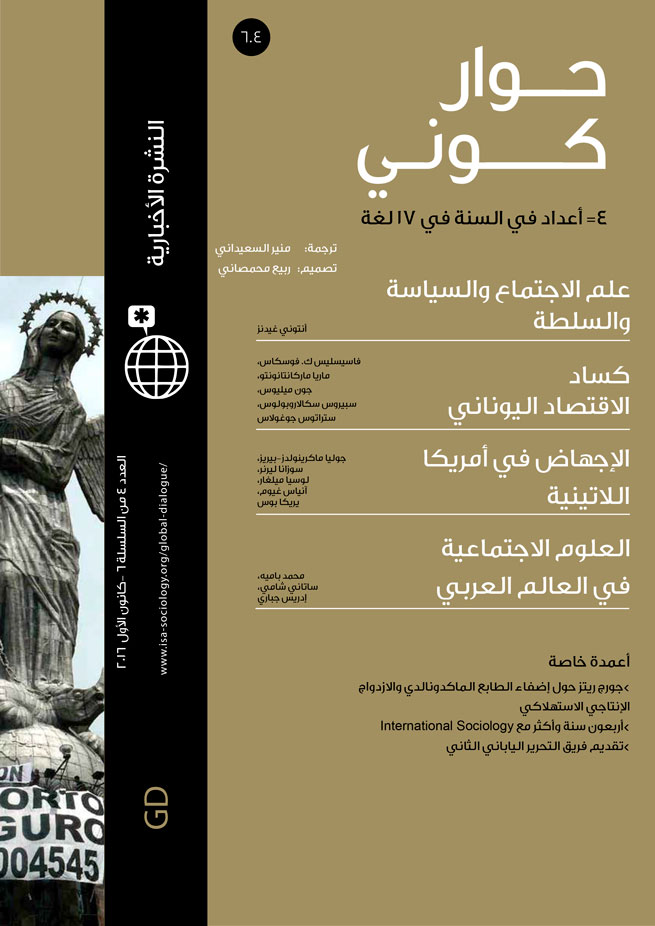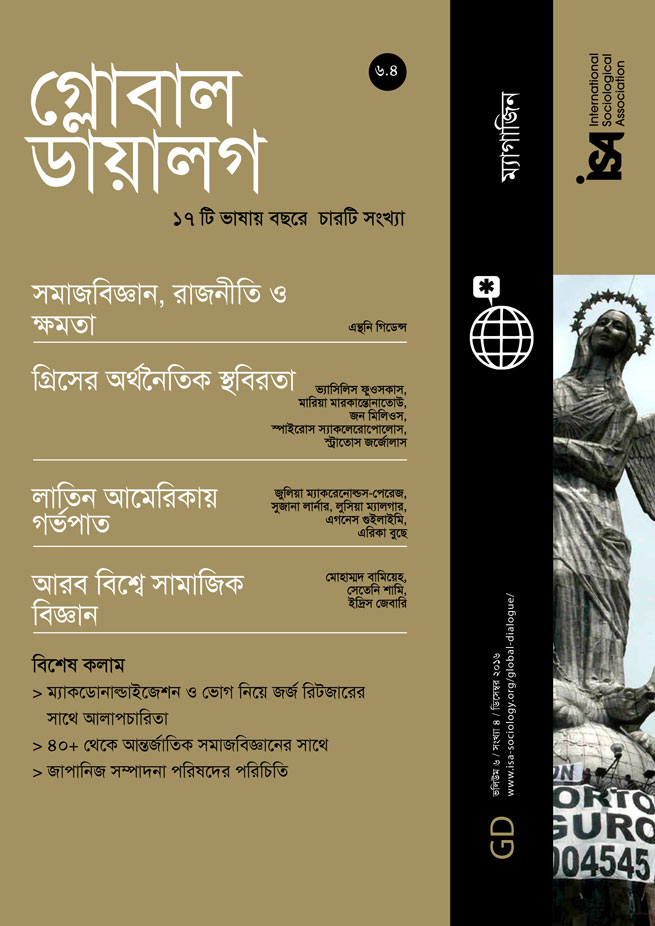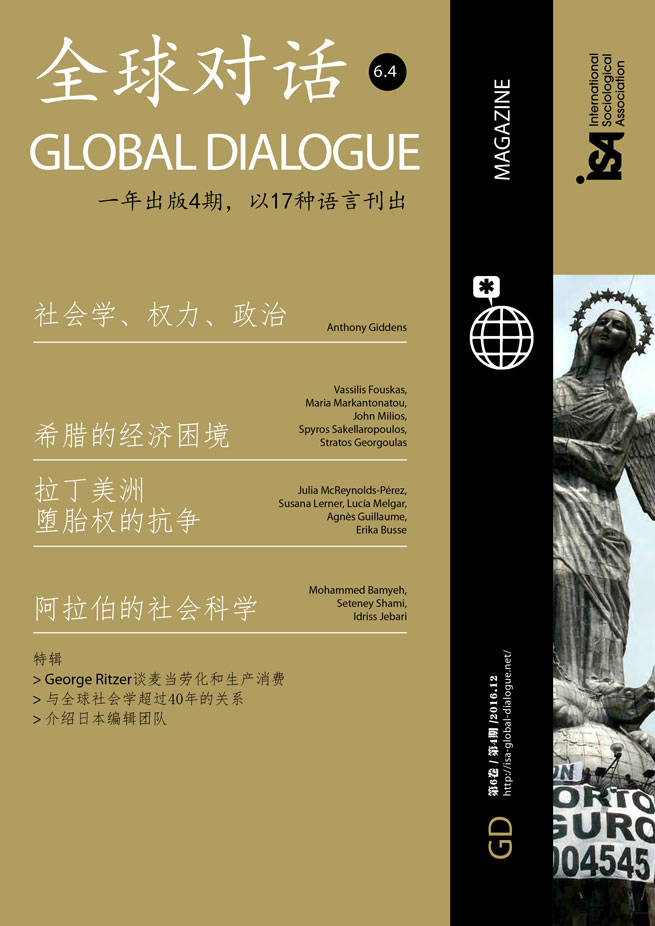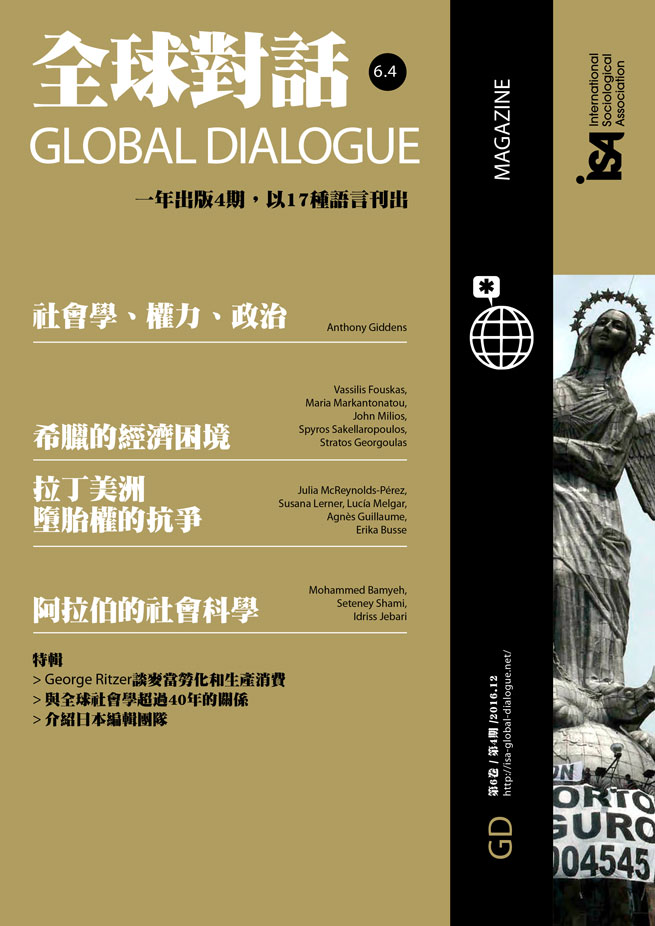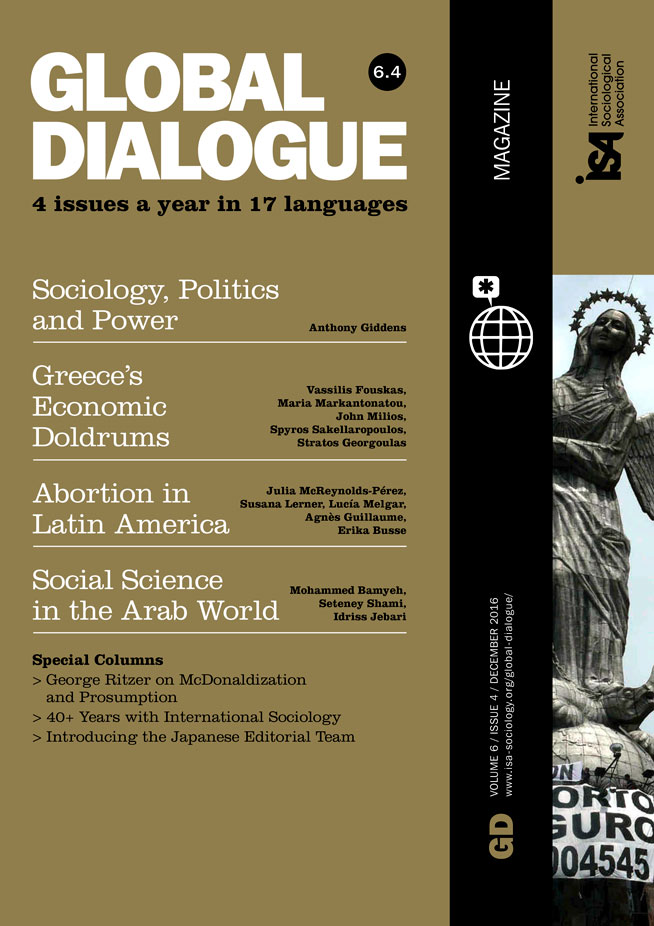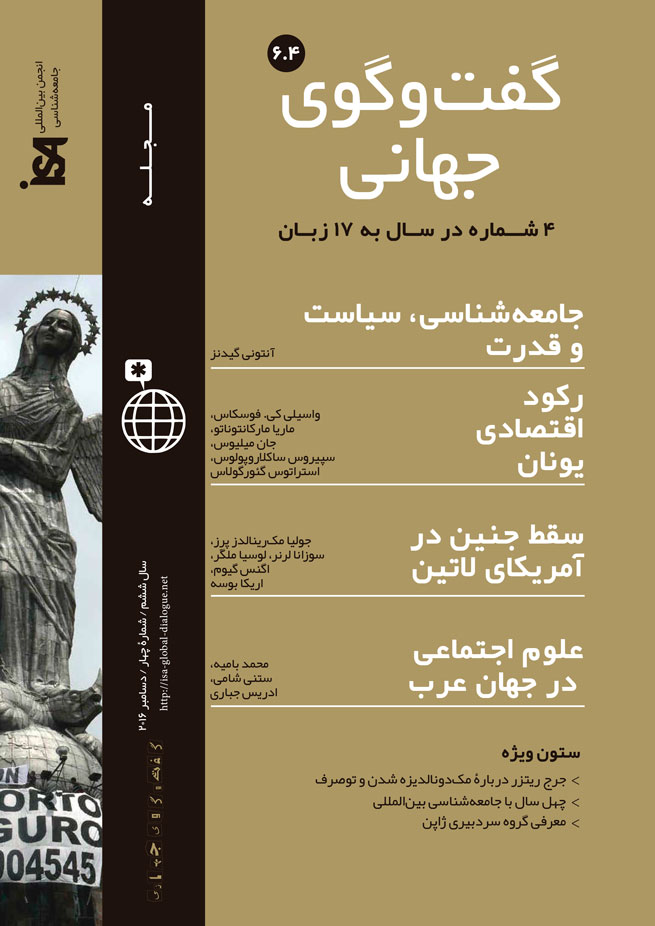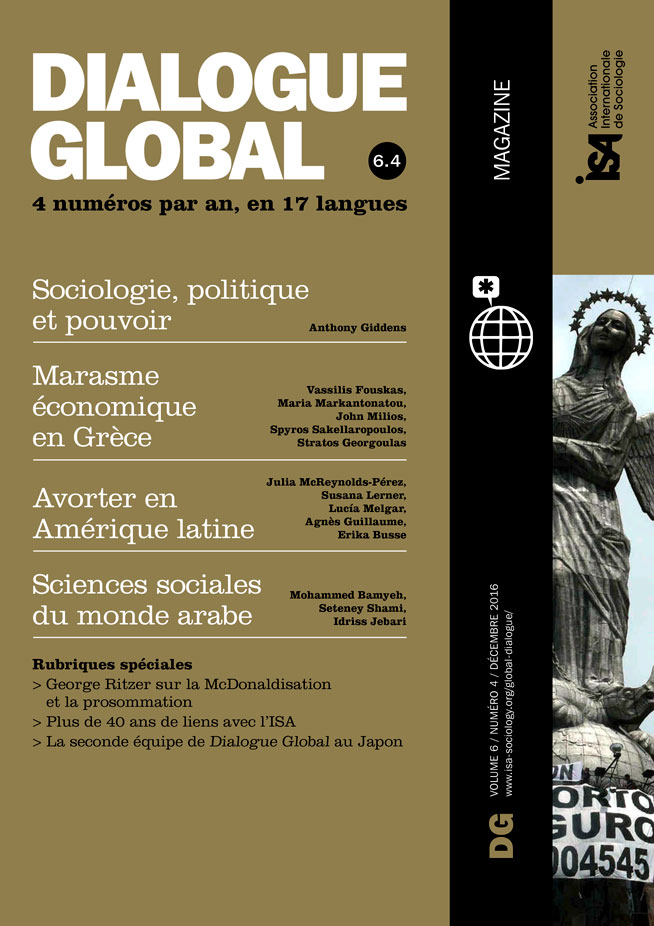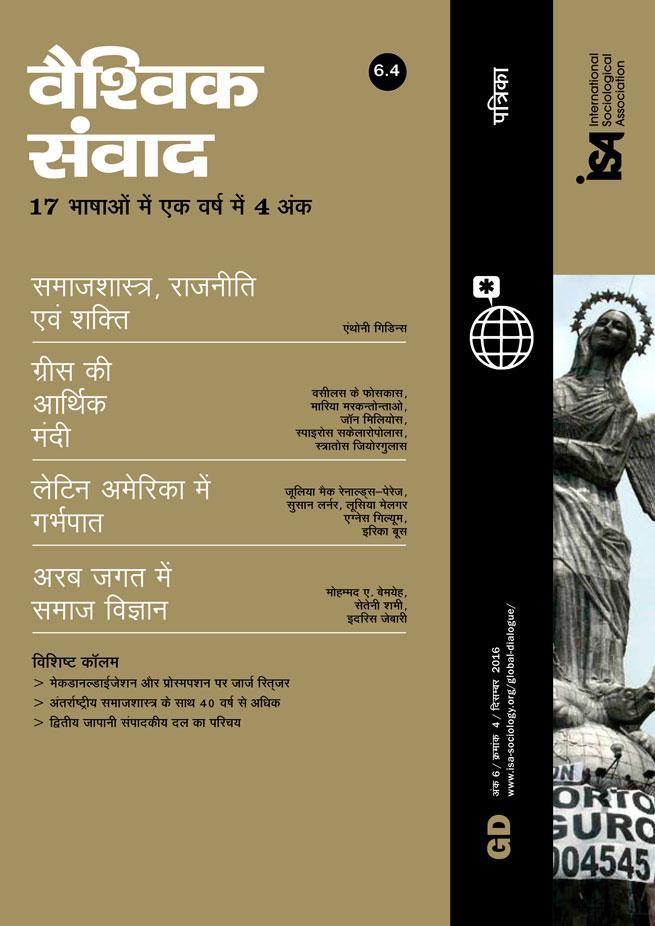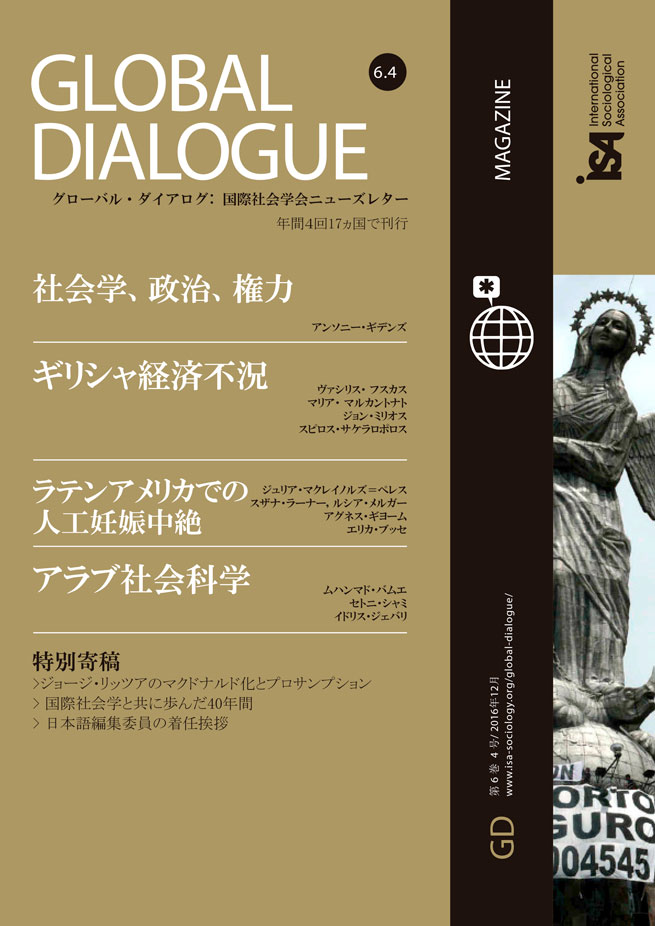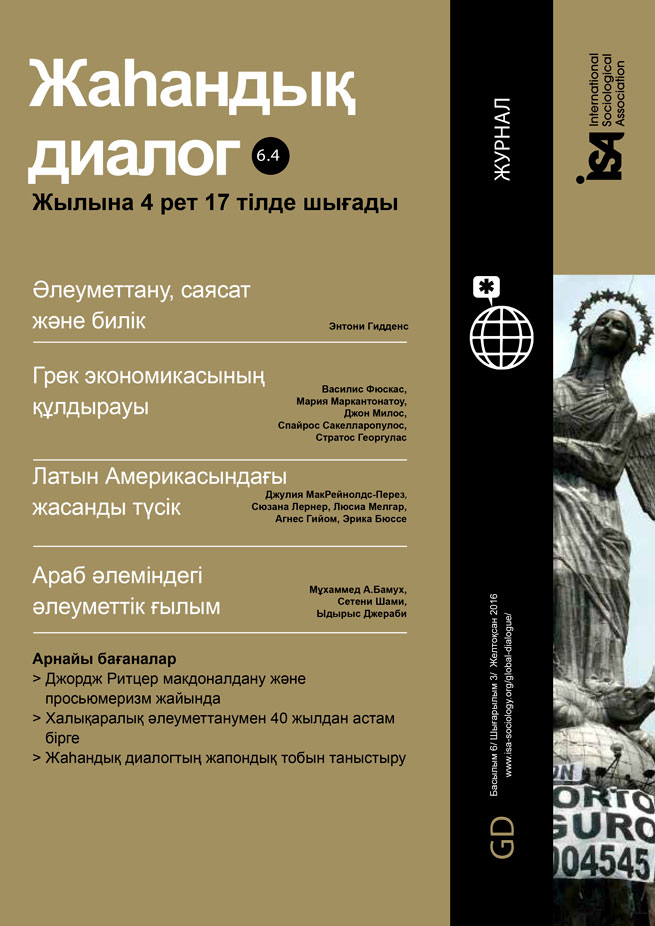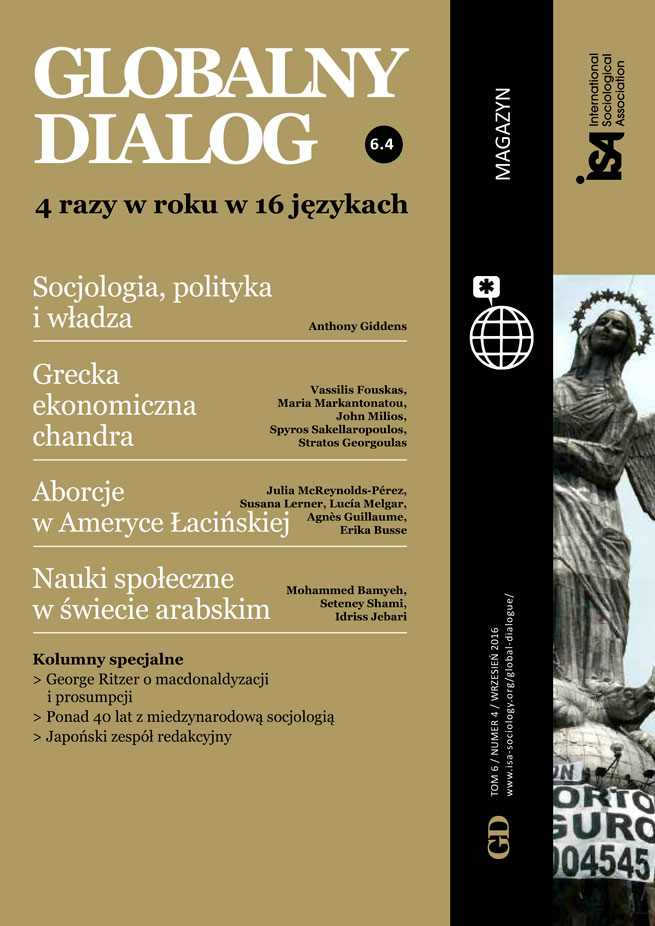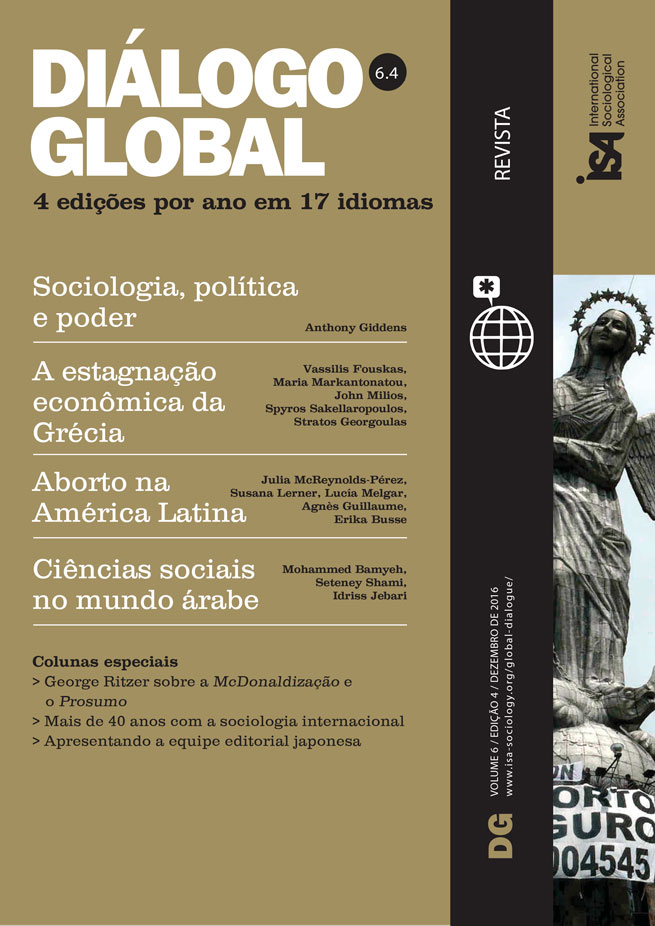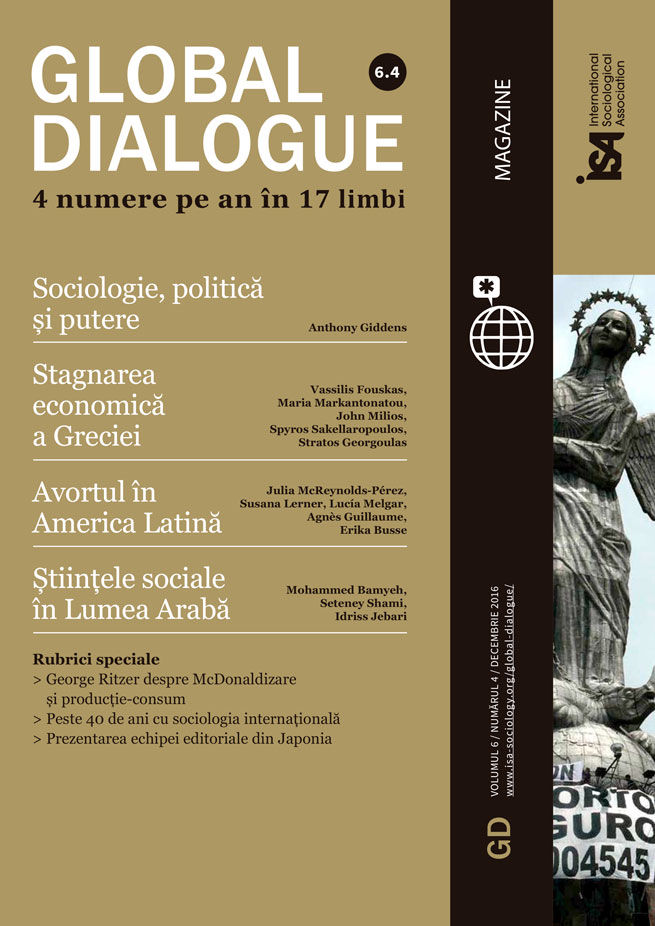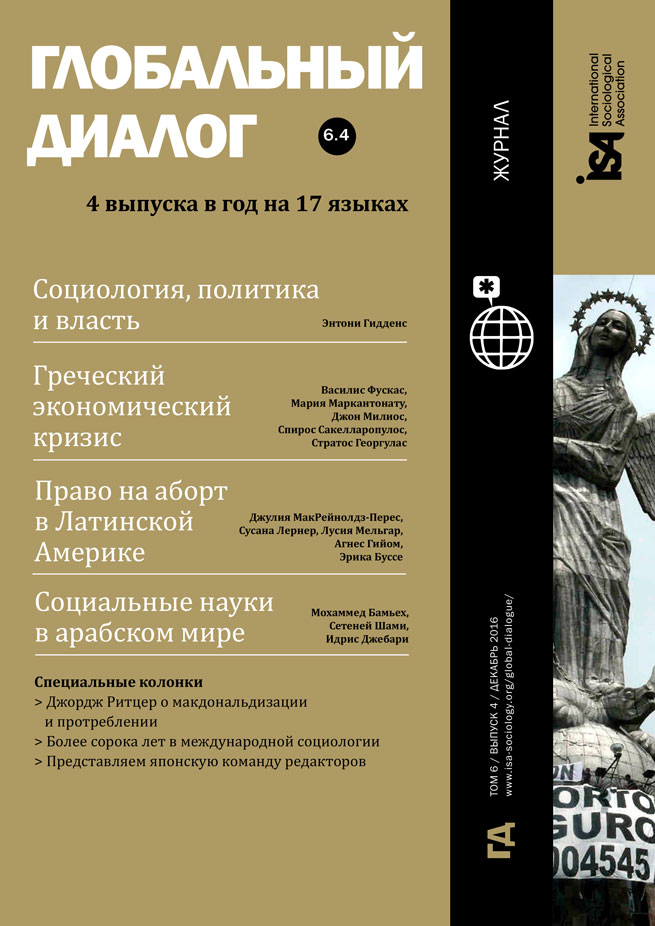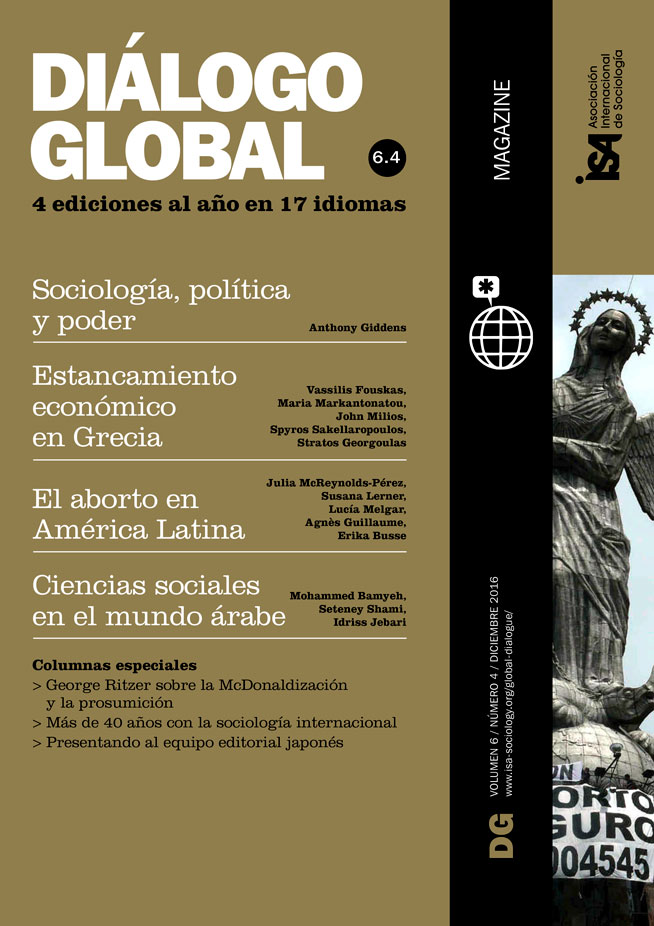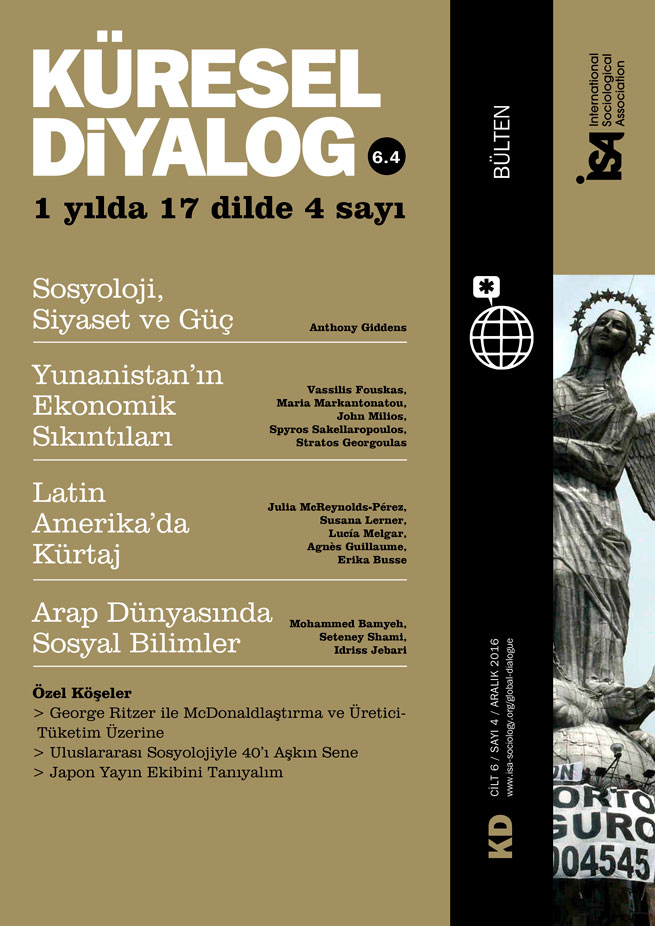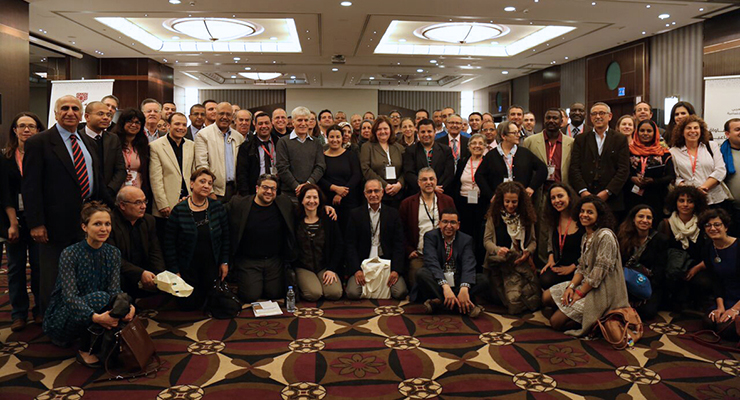Read more about Social Science in the Arab World
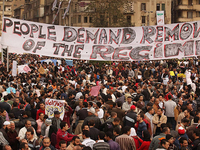
Arab Social Sciences – Before and Beyond the Spring
by Idriss Jebari
Introduction: The Social Sciences in the Arab World
by Mohammed A. Bamyeh
December 02, 2016
The Arab region confronts mounting socio-economic, environmental, political, and security challenges. At the same time, it lacks strong academic and research capacities that might shed light on these challenges, analyze societal changes, nurture public debates, or inform public policy. As several UN Human Development Reports have noted, the Arab states’ evident need for knowledge require stronger capacity, quality, range, reach, and influence of research – especially social research – in the region.
This growing awareness has prompted various initiatives over the past decade aimed at addressing some of these challenges. New institutions of higher education and research are being established, along with more fellowship opportunities for students from the region to undertake graduate studies. A number of prizes for academic achievement have been created, while the number of professional associations is slowly increasing. However, programs and opportunities focusing on the social sciences remain severely limited, and opportunities are not yet adequately available across the countries of the Arab region.
In this context, the Arab Council for the Social Sciences was conceived and developed by concerned Arab social scientists, who first met in 2006 to discuss ways of addressing the problems confronting the social sciences and social research in the region. As the planning process came to an end, the region was rocked by the Arab uprisings starting in 2010. These events, among other things, helped open public spaces and debates, giving rise to a sense of hope and new opportunities for change. In this, the importance of questioning the status quo and the urgency of developing new visions for society – as well as new ways of representing the past, present, and future – became manifest. The case for the importance of the social sciences was being made in the streets.
The unfolding aftermath has involved renewed authoritarianism, growing insecurity and violence, as well as wars in several states in the region. However, the seeds that were sown continue to germinate, even if the roots they spawn twist and turn to protect themselves from surveillance and repression. The institutional landscape is expanding and interesting initiatives provide exciting new possibilities for institutional partnerships in the research-activism nexus, the research-public sphere nexus, and also for developing new educational opportunities in the social sciences (e.g. online courses, reading collectives, or “teach-ins” at NGOs). Generating and protecting spaces of free inquiry and discussion is vital for the future of the region.
The ACSS
The Arab Council for the Social Sciences (ACSS) is a non-profit, membership organization headquartered in Beirut, Lebanon, which works to promote the social sciences (broadly conceived) across the region and globally. Now completing its fourth year of operations, the ACSS now has seven full-time and two part-time staff members. It has established a Focal Point in Palestine with one part-time senior consultant as well as part-time administrative and financial staff. A second Focal Point in Algeria, with a similar arrangement, is being planned. The ACSS has launched four funding programs offering research grants, a biennial conference, a biennial research forum (for grantees), an annual lecture series and active website and social media outreach. It has funded more than 130 grantees, has over 270 members, and provides mobility grants as well as training and networking opportunities for members, grantees, and social scientists generally.
Despite the radical changes in the Arab region, the original ACSS mission, vision, and values, as formulated and ratified in its first 2008 conference, remain valid and important (see http://www.theacss.org/pages/mission). The principles of the ACSS are to promote the quality, inclusivity, flexibility and independence of social research and thought in the region. Thus the ACSS focuses on evaluating needs, and providing opportunities for the region’s social science communities, with a special focus on young scholars at the PhD or postdoctoral stage.
One of the ACSS’ signature projects is the Arab Social Science Monitor (ASSM) project which analyzes the state of the social sciences in the region. The first Report, “Social Sciences in the Arab Region: Forms of Presence” by Dr. Mohammed Bamyeh, analyzes the institutional and substantive landscape across the region (http://www.theacss.org/uploads/English-ASSR-2016.pdf), describing substantial regional growth in social science departments and research centers. However, the report also highlights the lack of MA and PhD programs, journals, professional associations and other infrastructure necessary for the production of robust, and critical scholarship. On the more positive side, the report also describes the fairly substantial presence of the social sciences and scholarship in the public sphere, including literary works, newspapers, popular journals, television, and other media.
Arab Social Sciences: Marginal or Emergent?
The official neglect of the social sciences in the Arab region reflect notions of development and modernity that have long governed educational and philanthropic planning, along with a shift over the past few decades from the traditional focus on the sciences, medicine, and engineering towards finance, management, and private sector diversification. The state and the status of the social sciences both epitomize shortcomings of the region’s educational systems, particularly highlighting deficiencies in institutions of higher learning, where increasing enrolment has come at the cost of quality. The growth of private higher education has led to marked discrepancies between educational institutions as well as to further marginalization of the social sciences. At the same time, the academic voice in public policy debates has diminished, as policy makers accuse social scientists of pursuing research questions that are irrelevant to policy, and social scientists complain that policy makers ignore research findings.
The fact that educational policies, concepts of development, and restrictions on the public sphere remain largely unchallenged speaks to the weaknesses of the region’s social science community, and to an inability to engage in three essential functions of an autonomous intellectual domain: the ability to articulate evidence-based alternatives to hegemonic and ideological agendas, the ability to impact public discussion and policy-making, and the ability to protect and promote professional interests. Equally important, because of institutional weaknesses, Arab social scientists have not been able to fully participate in regional or global knowledge networks. The Arab social science community remains largely excluded from key international fora and vibrant research networks, and does not contribute effectively to global knowledge production.
These are all issues that the ACSS aims to address, despite the fact that it has been operating in an increasingly difficult environment since its founding. Along with escalating conflicts in Iraq, Libya, Syria, and Yemen, the research environment is becoming ever tenser in places like Egypt, with increased surveillance and intimidation of scholars and activists. This has affected the ACSS’ regional reach, limiting its ability to hold activities and events in different countries. In addition, ACSS grantees in certain countries have been forced to change plans and sometimes reduce their projects’ fieldwork components. Finally, travel is becoming more difficult, with the imposition of new visa requirements and travel bans.
But despite these difficulties – or, because of them – it is more important than ever that the ACSS continues to offer support and opportunities to the region’s researchers, and to build and thicken networks. We are pleased to note grantees’ resilience, and their determination to continue pursuing research projects. The numbers of program applicants and event participants have not dwindled, and interest in the ACSS continues to rise. Lebanon remains a location that generally facilitates regional interaction and affords academic freedom. The ACSS is vigilant in adapting to the changing environment and innovative in its programming and activities, while remaining committed to its foundational objectives and values. We look forward to increased regional and global collaborations and networking, and to becoming a medium for the promotion of a revitalized Arab social science.
Seteney Shami, Director General, Arab Council for the Social Sciences, Lebanon <shami@theacss.org>
This issue is not available yet in this language.
Request to be notified when the issue is available in your language.
If you prefer, you can access previous issues available in your language:
